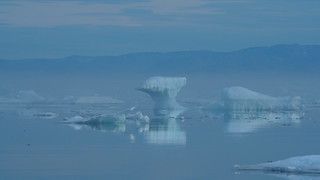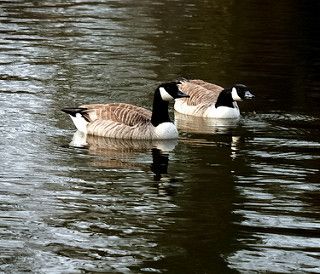The
Western Northern Studies Committee invites you to apply for:
The Northern Scientific Training Program (NSTP)
The
Northern Scientific Training Program (NSTP) provides funding for senior
undergraduates and graduate students conducting research in the North.
This
is a supplementary grants program which was put in place to help defray
the high costs of conducting fieldwork in the North and to encourage students
to develop a commitment to northern research. The program funds projects
on northern topics from all disciplines and in multi-disciplinary fields.
Online
application forms are available at: https://nstp-pfsn.fluidreview.com/
The deadline for
applications is November 8, 2019. The application portal will close after the
deadline.
Further
information on the program is available at: http://www.canada.ca/en/polar-knowledge/fundingforresearchers/index.html#h2-2
Answers
to frequently asked questions are here: http://www.canada.ca/en/polar-knowledge/fundingforresearchers/faq/index.html.
CRITERIA and ELIGIBILITY:The
Program supports field research in any discipline – life, physical, human and
health sciences – as long as the research has an essential orientation and
impact on the North.
Funding is available for ALL complete and eligible applications that are
submitted from Western. Typical awards are between $2000 and $3000, with
a recommended maximum request of $4500. Awards are intended to
provide travel expenses for students already receiving research funding from
another source (for example, a supervisor’s research grant).
The student must be a Canadian citizen or permanent resident and enrolled in a
graduate or senior undergraduate (currently in 3rd or 4th
year) program at a Canadian university. Part time students are
eligible for NSTP funding.
A student who is employed or remunerated for their research in the field
cannot receive NSTP.
Field schools are not eligible.
Geographic eligibility: The research activity and travel must be
north of the sporadic discontinuous permafrost line (approximately 50 deg N),
ANYWHERE in the Northern Hemisphere.
SIMPLE APPLICATION PROCESS:
IT IS EASY! The application and statement of research require significantly less content and effort than NSERC, SSHRC or OGS!
Students must go online, create a profile and complete the online application form. New supervisors will have to create a profile as well. The forms for students and supervisors are available at: https://nstp-pfsn.fluidreview.com/
Following
the field season for which funding was provided, a brief report is required
from the student through the online system.
Please follow the instructions in the student manual (http://www.canada.ca/en/polar-knowledge/fundingforresearchers/). Incomplete or incorrectly formatted applications will be returned to the applicant for revision. Applications received at the deadline that are incomplete or requiring changes may not be accepted.
DEADLINES AND CONTACT INFORMATION:
The deadline for completing the online application is 11:59 pm, November 8, 2019. The application portal will close after the deadline.
Please direct any questions to: Northern Studies Committee at northern@uwo.ca.
photo credit: The Bone Collector II Ice Fog via photopin (license)









